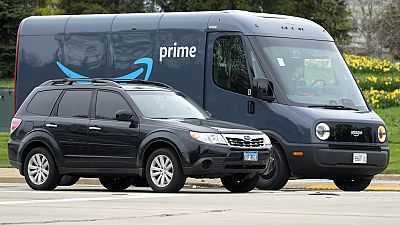WASHINGTON (Reuters) - A federal judge on Thursday rebuffed a request by hotel chains including Hyatt Hotels Corp, Marriott International Inc and Wyndham Hotel Group to throw out a class-action suit accusing them of conspiring not to compete with one another online.
The case, which was filed last year by a group of hotel customers, alleges that Hyatt, Marriott, Wyndham, Hilton Domestic Operating Company and Six Continents Hotels, Inc, now called InterContinental Hotels Group PLC, agreed not to advertise against one another on online travel agencies, like Expedia.
Similarly, the lawsuit alleges, the companies stopped advertising against one another in search results. The lawsuit says the changes came shortly after a 2014 hotel industry conference.
"These allegations show, at best, that defendants had an opportunity to conspire; they do not support an inference that a conspiracy occurred," Judge Rebecca Pallmeyer of the U.S. District Court for the Northern District of Illinois wrote in allowing the lawsuit to go forward.
The hotel chains argued that the named plaintiff, Karen Tichy, was not harmed by the alleged conspiracy. They also cited instances where searches for one hotel prompt advertisements for another chain, indicating there is online competition.
A representative for IHG said it was reviewing the filing but would not comment further. Marriott and Wyndham declined comment. Representatives for Hyatt and Hilton did not respond to requests for comment.
The lawsuit is similar to one that the Federal Trade Commission brought against the online seller 1-800 Contacts.
The FTC had accused the company of reaching agreements with other online contact lens retailers that required them to refrain from advertising to consumers who had searched online for 1-800 Contacts.
In exchange, 1-800 Contacts agreed to not advertise to people who searched for the rivals' names.
(Reporting by Diane Bartz; Editing by G Crosse and Peter Cooney)



